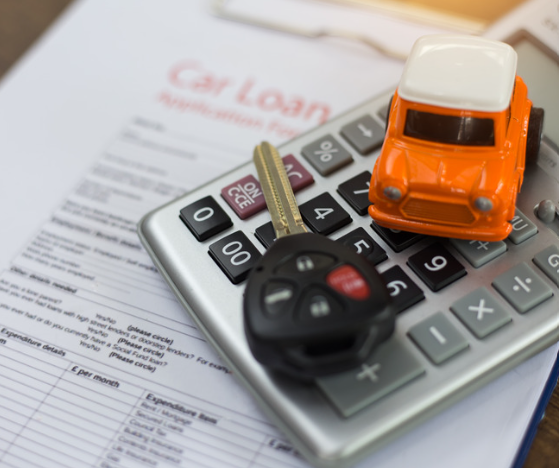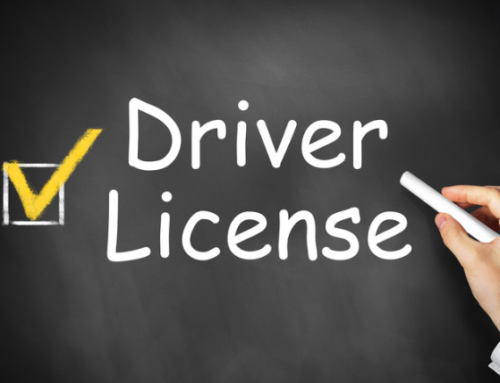As a used car dealer in Ontario offering auto financing, we understand that the process of financing a vehicle can be confusing and sometimes overwhelming. To help you navigate this important decision, we’ve compiled a comprehensive list of frequently asked questions (FAQs) regarding car financing. Whether you’re a first-time buyer or looking to refinance an existing loan, this guide will provide you with the essential information you need to make an informed decision.
1. What is Car Financing?
Car financing refers to the process of obtaining a loan to purchase a vehicle. Instead of paying the full price upfront, you can spread the cost over a set period, typically ranging from 24 to 84 months. You’ll make regular monthly payments to the lender until the loan is fully paid off.
2. How Does Car Financing Work?
When you finance a car, a lender (such as a bank, credit union, or dealership) pays the seller the full price of the vehicle. In return, you agree to repay the lender over a specified term with interest. The loan is secured by the vehicle, meaning the lender can repossess it if you fail to make the payments.
3. What Are the Benefits of Financing a Car?
- Affordability: Spread the cost of the vehicle over time, making it more affordable.
- Build Credit: Regular, on-time payments can help improve your credit score.
- Ownership: Unlike leasing, financing allows you to own the vehicle once the loan is paid off.
- Customization: You can modify the vehicle as you wish since you’re working towards full ownership.
4. What Types of Car Loans Are Available?
There are two main types of car loans:
- Secured Loans: The vehicle serves as collateral for the loan. If you default on payments, the lender can repossess the car.
- Unsecured Loans: No collateral is required, but these loans typically have higher interest rates due to the increased risk to the lender.
5. What Factors Affect Car Loan Approval?
Lenders consider several factors when approving a car loan:
- Credit Score: A higher credit score increases your chances of approval and may qualify you for lower interest rates.
- Income: Lenders assess your income to ensure you can afford the monthly payments.
- Debt-to-Income Ratio: This ratio compares your monthly debt payments to your income. A lower ratio is preferable.
- Down Payment: A larger down payment can improve your chances of approval and reduce the loan amount.
- Employment History: Stable employment indicates reliable income, which can positively influence approval.
What is the Interest Rate on a Car Loan?
The interest rate is the cost of borrowing money, expressed as a percentage of the loan amount. Rates vary based on factors such as your credit score, loan term, and the lender. It’s crucial to shop around and compare rates to find the best deal.
7. How is My Monthly Payment Calculated?
Monthly payments are calculated based on:
- Loan Amount: The total amount financed, minus any down payment and trade-in value.
- Interest Rate: The cost of borrowing money.
- Loan Term: The length of the loan, usually between 24 and 84 months.
Use a car loan calculator to estimate your monthly payments based on these factors.
8. Can I Get a Car Loan with Bad Credit?
Yes, it’s possible to get a car loan with bad credit, but you may face higher interest rates and stricter terms. To improve your chances:
- Make a Larger Down Payment: This reduces the loan amount and shows the lender your commitment.
- Get a Co-Signer: A co-signer with good credit can help you secure a loan with better terms.
- Improve Your Credit Score: Pay down existing debt, make all payments on time, and avoid new credit inquiries.
9. What is a Down Payment and How Much Should I Put Down?
A down payment is an upfront payment made when purchasing a vehicle. It reduces the loan amount and can lower your monthly payments. While there’s no fixed amount, it’s recommended to put down at least 10-20% of the car’s purchase price.
10. What is the Loan Term and How Does It Affect My Payments?
The loan term is the duration over which you agree to repay the loan. Common terms range from 24 to 84 months. A longer term results in lower monthly payments but higher total interest costs. Conversely, a shorter term means higher monthly payments but lower total interest costs.
11. Can I Pay Off My Car Loan Early?
Yes, you can pay off your car loan early, but check your loan agreement for any prepayment penalties. Paying off the loan early can save you money on interest and help you achieve full ownership of the vehicle sooner.
12. What is a Trade-In and How Does It Affect My Loan?
A trade-in involves exchanging your current vehicle as part of the down payment for a new one. The trade-in value reduces the loan amount, potentially lowering your monthly payments. Ensure you research your current vehicle’s trade-in value to get a fair deal.
13. What Documents Do I Need to Apply for a Car Loan?
When applying for a car loan, you’ll typically need the following documents:
- Identification: Driver’s license or other government-issued ID.
- Proof of Income: Recent pay stubs, tax returns, or bank statements.
- Employment Verification: Letter from your employer or recent pay stubs.
- Credit History: A credit report may be required.
- Proof of Residence: Utility bills or lease agreements.

















